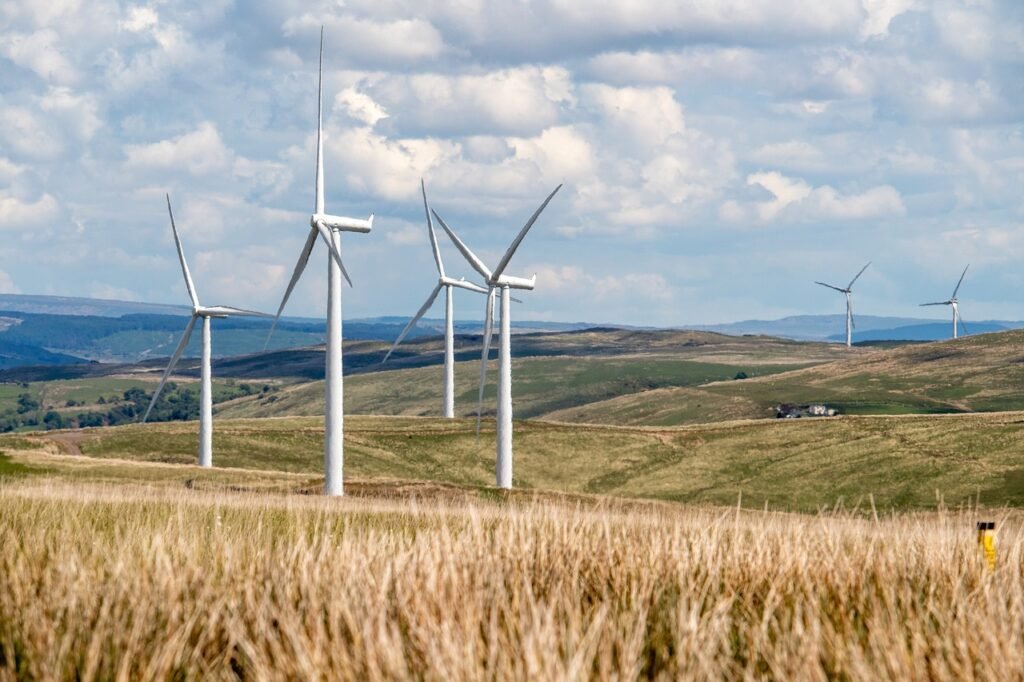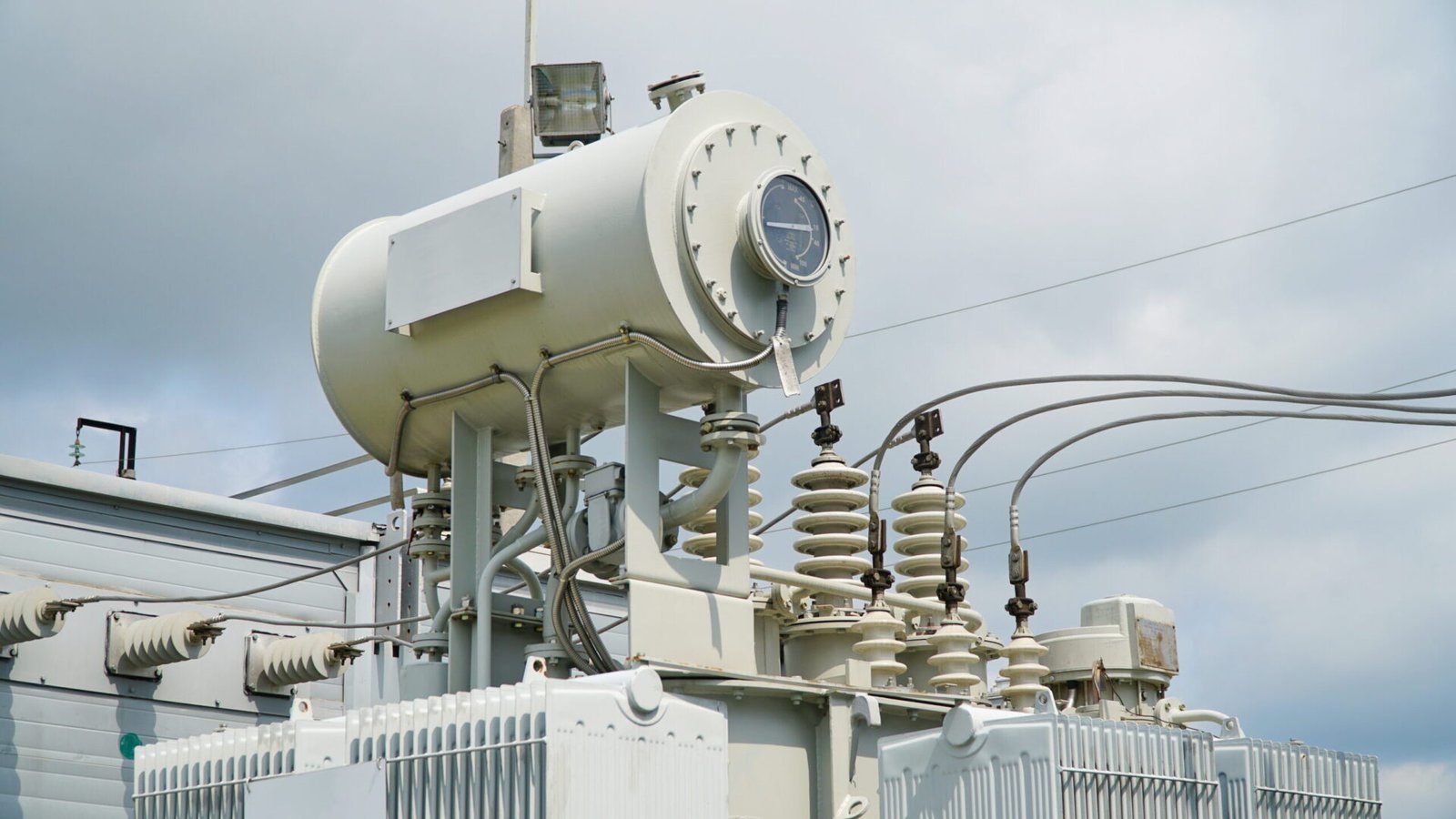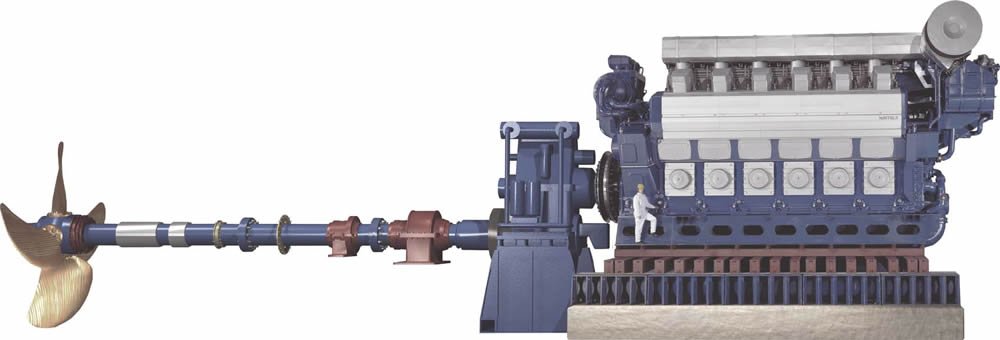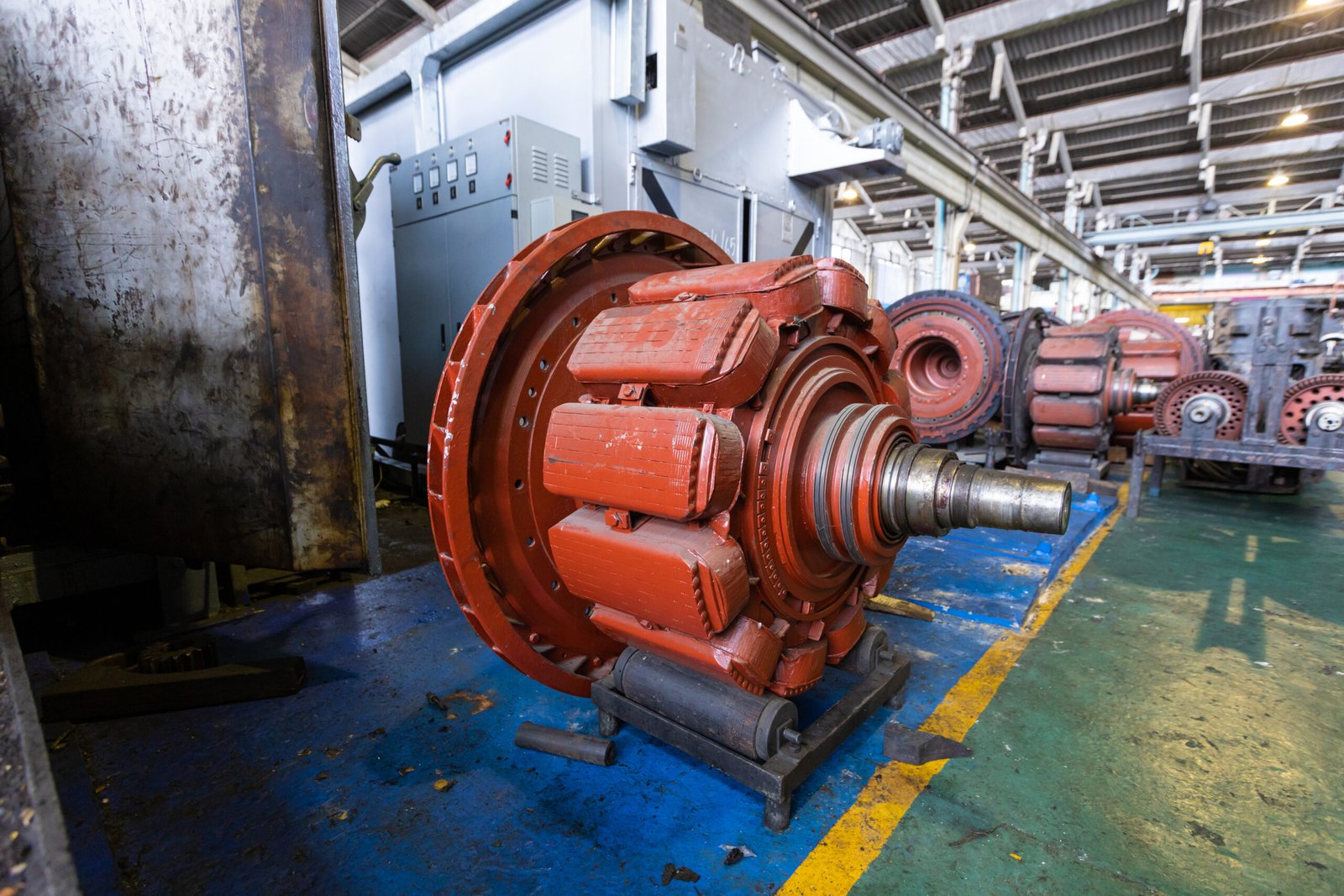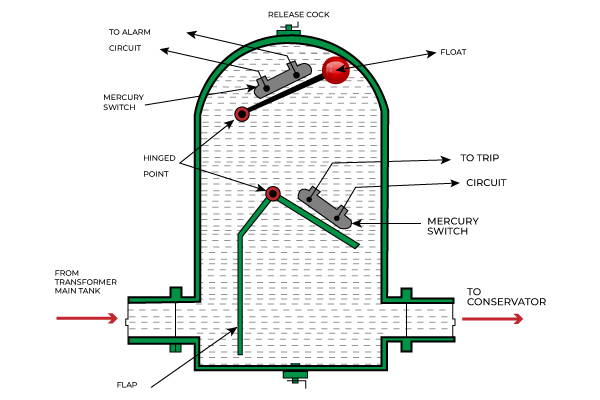Reflecting on my days as a student of Electrical and Electronic Engineering back in 2010, I recall being introduced to the concept of renewable energy and its various sources. It was fascinating to learn how natural elements like wind, heat, water, and bio-waste could be harnessed to generate power. However, at the time, the efficiency of renewable energy technologies seemed insufficient compared to traditional fossil fuel-based power plants. I doubted whether renewable energy could truly sustain the demands of the power generation industry, which operates largely on the principles of profit.
But over the years, renewable energy has come a long way. Today, we’re witnessing a significant shift towards renewable energy adoption, not only in developed nations but also in developing countries.
Efficiency Gains in Wind Energy:
The efficiency of wind energy systems has seen a remarkable improvement, increasing by approximately 57% over the past decade. This advancement means that wind turbines now require less wind to rotate, making it feasible to install wind energy systems even in regions with lower average wind speeds. Consequently, governments around the world are showing greater interest in harnessing wind power.
Hydroelectric Capacity on the Rise:

Hydropower remains a cornerstone of renewable energy, with capacity projected to increase by 9% by 2024, according to the International Energy Agency (IEA). This growth is primarily driven by major projects in countries like China, India, Brazil, and Ethiopia. These projects are expected to contribute significantly to global renewable energy capacity.
Increasing Geothermal Capacity:
Geothermal energy, derived from heat beneath the Earth’s surface, is another promising renewable energy source. The U.S. Department of Energy’s GeoVision analysis emphasizes the potential for substantial growth in geothermal power generation. By meeting key objectives such as increased resource access, cost reduction, and improved outreach, the U.S. could see a significant expansion in geothermal capacity, offering benefits such as district heating installations and household heating and cooling through geothermal heat pumps.
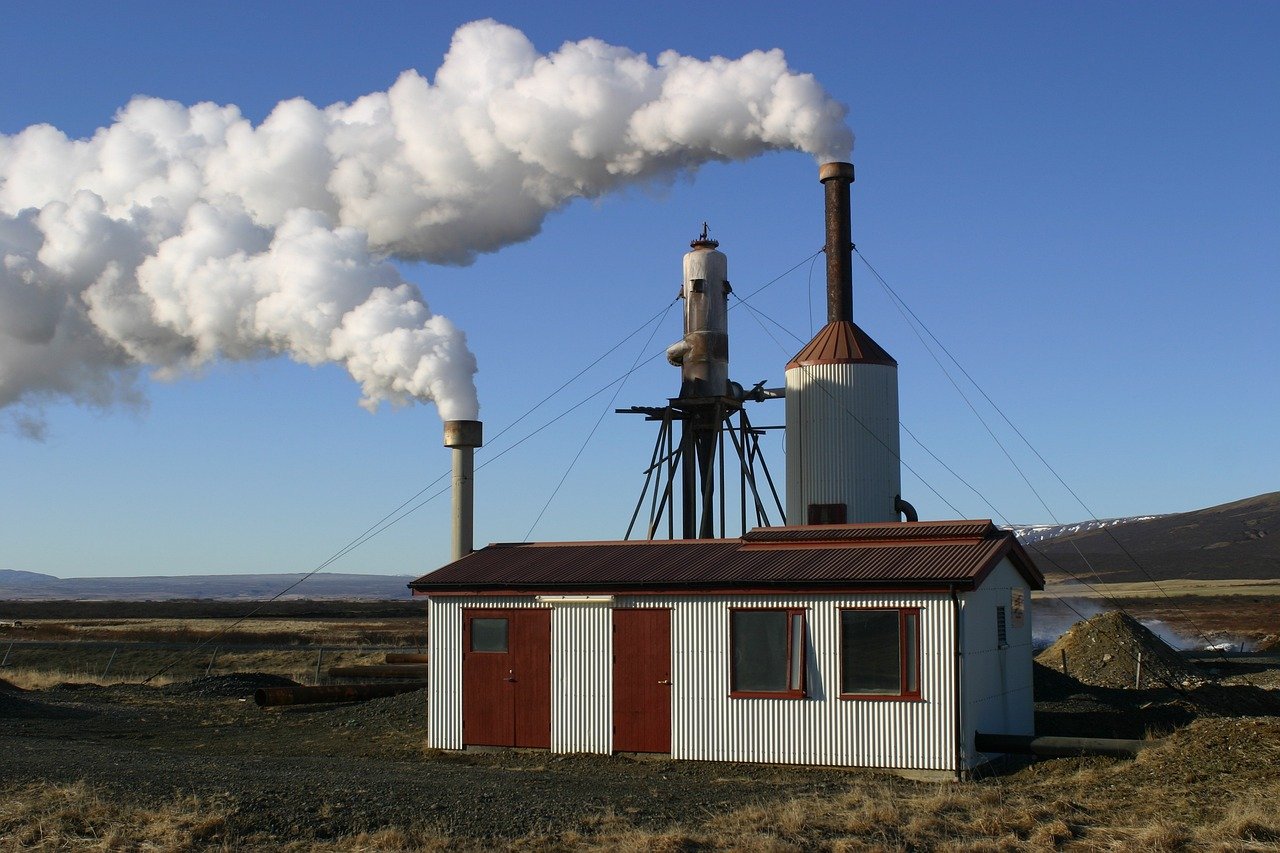
Reducing Fossil Fuel Dependency and Greenhouse Gas Emissions:
The urgency to address climate change has led governments worldwide to prioritize renewable energy initiatives. The shift away from fossil fuels not only mitigates greenhouse gas emissions but also reduces the impact of climate change, such as rising sea levels due to polar ice melting. With increased investment and technological advancements in renewable energy, it’s projected that by 2030, 30% more power will be generated from renewable sources compared to fossil fuels.

Looking Ahead:
As awareness of climate change grows, so does the emphasis on renewable energy solutions. With renewable energy sources offering limitless potential and lower complexity and cost, the future looks promising. As governments continue to invest in renewable technologies, we can anticipate further improvements in efficiency and widespread adoption of renewable energy in the years to come.
In conclusion, renewable power is indeed the future. The momentum towards sustainable energy is building, driven by advancements in technology, increasing efficiency, and the imperative to combat climate change. Embracing renewable energy not only secures a cleaner, greener future but also offers economic and environmental benefits for generations to come.
This blog post provides an overview of the current state of renewable energy and its potential for the future, highlighting advancements and trends in various renewable energy sectors. It aims to inform and inspire readers about the importance of transitioning towards sustainable energy sources.
For more blogs like this, you can go here!

